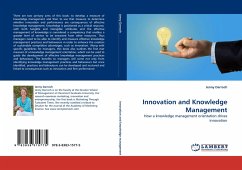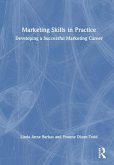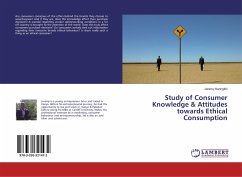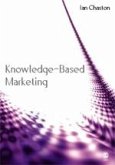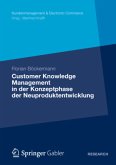There are two primary aims of this book: to develop a measure of knowledge management and then to use that measure to determine whether innovation and performance are consequences of effective knowledge management. Knowledge is positioned as a critical resource, with both tangible and intangible attributes and the effective management of knowledge is considered a competency that enables a greater level of service to be extracted from other resources. Thus managers need to be able to identify and measure effective knowledge management practices and behaviours in order to enhance the creation of sustainable competitive advantages, such as innovation. Along with specific guidelines for managers, this book also outlines the first ever measure of a knowledge management orientation, which can be used to guide the development of effective knowledge management practices and behaviours. The benefits to managers will come not only from identifying knowledge management practices and behaviours but once identified, practices and behaviours can be developed and nurtured and linked to consequences such as innovation and firm performance
Bitte wählen Sie Ihr Anliegen aus.
Rechnungen
Retourenschein anfordern
Bestellstatus
Storno

